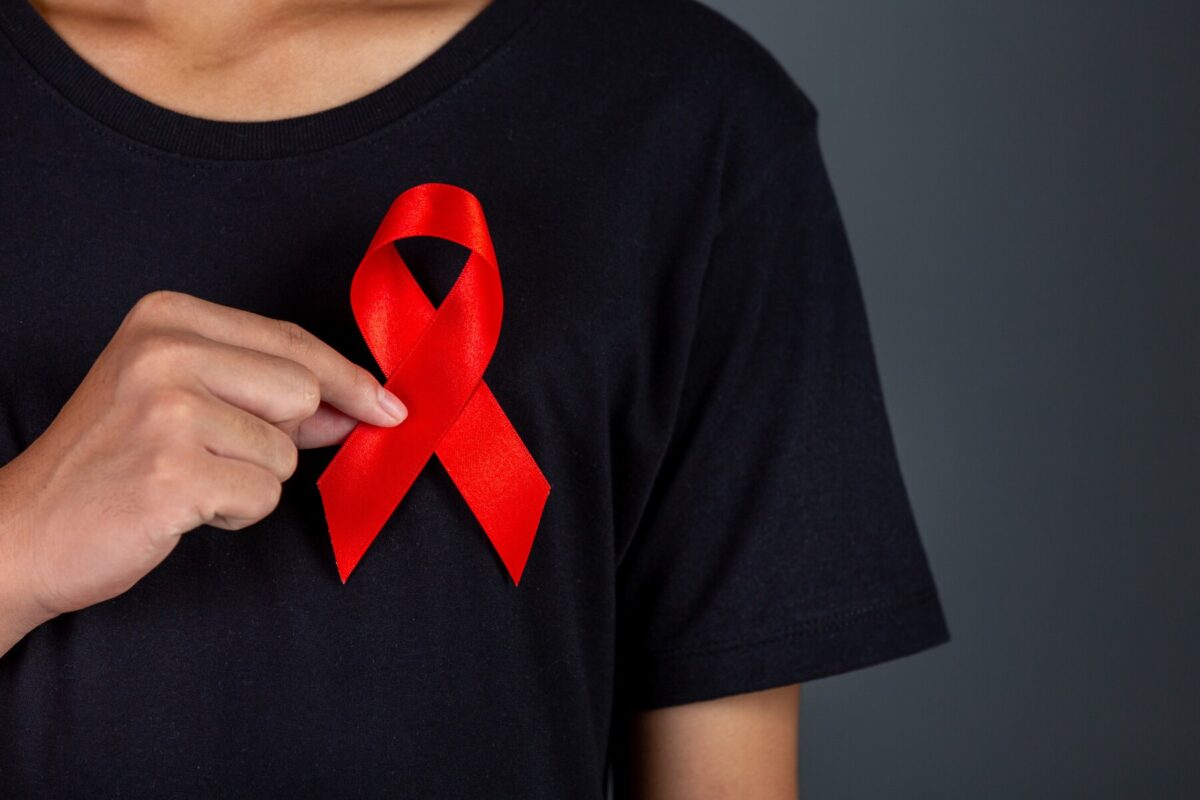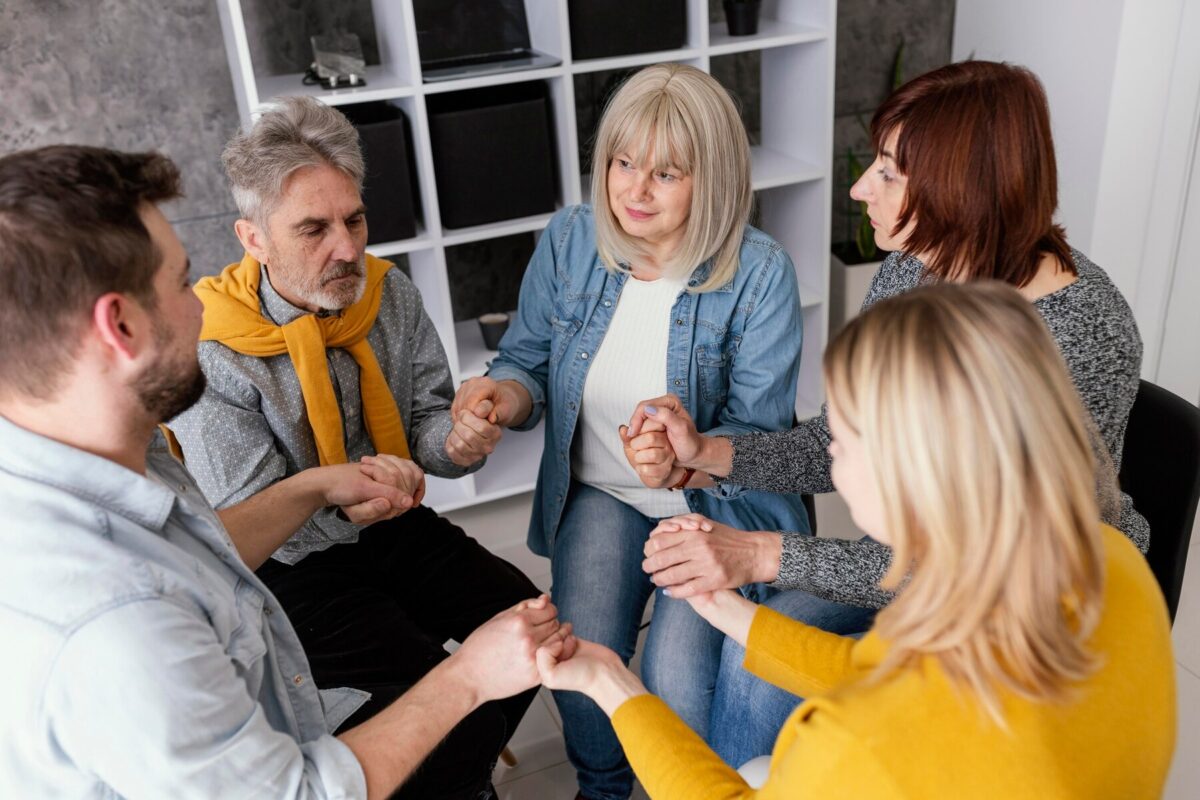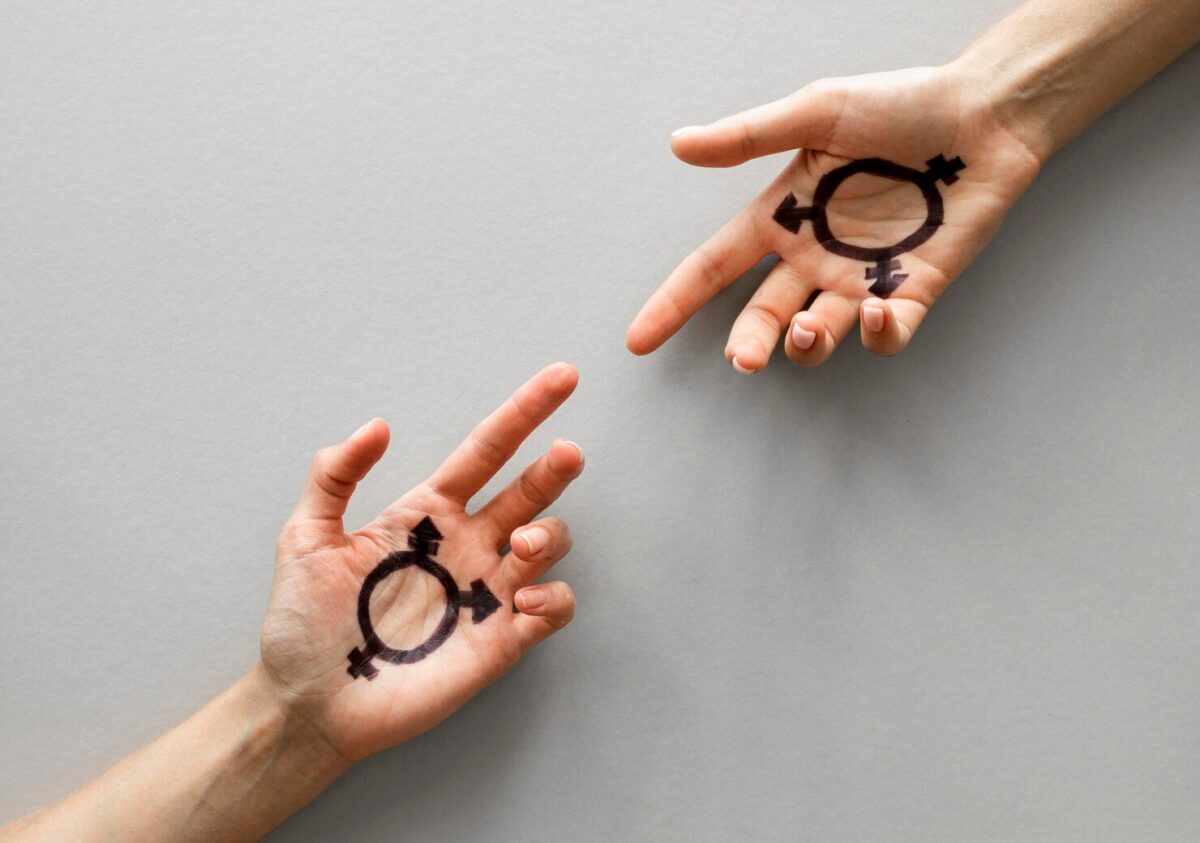International AIDS Candlelight Memorial is held annually on the third Sunday of May in many countries around the world. This day was first celebrated in 1983 in the American city of San Francisco. At that time, a symbol of the movement against this disease appeared – a bright red ribbon attached to clothing and colorful quilts made of fabric scraps in memory of people who died prematurely because of AIDS. The red ribbon was created in 1991 by California artist Frank Moore. Every year on this day, people around the world pin it to their clothes to express solidarity with those affected by AIDS and to support efforts to reduce stigma and discrimination against people living with HIV.
According to the latest UNAIDS statistics, approximately 40 million people are living with HIV worldwide. Thanks to advances in modern medicine, HIV infection has become a manageable chronic disease: antiretroviral therapy (ART) allows people with HIV to live full lives. Nevertheless, in 2022, AIDS will claim the lives of 600,000 people worldwide. The situation with HIV remains particularly challenging in the Eastern Europe and Central Asia (EECA) region. According to UNAIDS, about 1.7 million people are living with HIV, and in recent years there has been an increase in new infections, with ART coverage available to only about 60% of those in need. Despite the existence of treatment and national strategies to ensure access to ART, many barriers remain in EECA that limit ART coverage and lead to an increase in the number of new HIV cases. The main causes of this phenomenon include:
– Stigma and discrimination: high levels of stigma and discrimination against people living with HIV discourage many from seeking medical care. People fear disclosure of their HIV status and negative consequences, which prevents timely testing and initiation of treatment. For example, this year in Kazakhstan, REActors recorded a case of a woman disclosing her status in one of the city hospitals. Nursing staff were instructed to put bracelets with personal data, including information on HIV status, on patients’ arms. After investigating the situation, the REActor filed a complaint with the chief physician of the hospital. As a result, an immediate order was issued to remove the confidential information from the bracelets, and the head of the department was reprimanded and then fired due to multiple previous violations, including disregard for patients’ rights. In North Macedonia, an attempt was made to prevent a man living with HIV from continuing to work in his position at a city hospital because of his status. Thanks to the work of national REActors, two complaints were filed: one with the director of the hospital where the man works, and one with the public Health Insurance Fund. As a result, the man was allowed to return to work and his issue has now been fully resolved.
– Limited access to health services: In some countries in the region, health services, including HIV testing and access to ART, are underdeveloped or difficult to access, especially in remote and rural areas.
– Information deficit: lack of information and education on HIV/AIDS leads to many people being unaware of treatment options and the importance of timely testing, as well as the disease itself. In Uzbekistan, a couple was found to be HIV-positive while preparing documents for a civil registry office. This fact, which had not been previously registered, was unauthorized disclosed by medical professionals, causing rumors and condemnation in the surrounding society. National REActors provided comprehensive support to future spouses, including counseling, information, psychological, and legal assistance (they were helped to protect their rights and deal with the responsibility of violators for improper disclosure of confidential information).
– Economic barriers: financial constraints and lack of resources make it difficult to ensure stable and widespread access to ART. In some countries, financial support from international donors is declining, which affects treatment availability or slows down the implementation of effective HIV programs.
These factors combine to create a complex situation in which, even with the availability of programs and the willingness of states to provide treatment, a significant proportion of the population remains unassisted. Greater intersectoral collaboration, increased awareness and reduced stigmatization, and improved access to and quality of health services are needed. An important aspect to improve the situation is to draw public attention to the problem, as on the International AIDS Candlelight Memorial. Let us remember those who are no longer with us and support those who can be helped!
Also read:
Empowering equality: fighting discrimination against HIV in Bosnia and Herzegovina



















